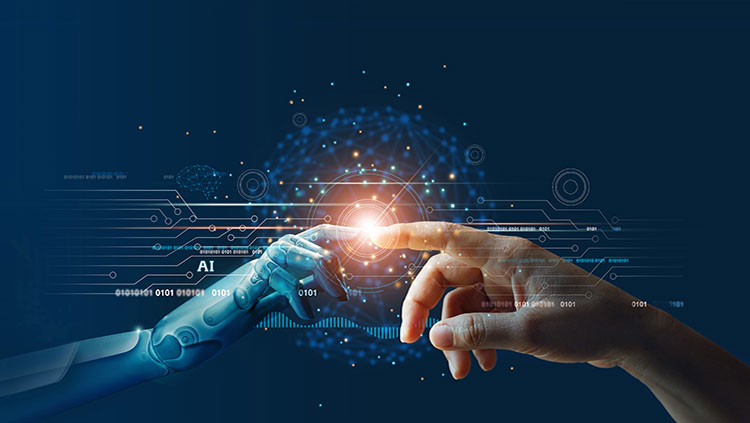Market Overview
The Human-Centered AI (HCAI) market is predicted to reach USD 36.07 billion by 2030 with a CAGR of 20.6% from 2024 to 2030. The sector is reshaping how artificial intelligence integrates into society — prioritizing ethical design, interpretability, and human collaboration over purely autonomous systems.
What Is Human-Centered AI?
Human-Centered AI refers to AI technologies that are designed around human needs, ethics, and usability. Unlike traditional AI that focuses on automation and efficiency, HCAI ensures AI acts as a partner — enhancing human decision-making while maintaining transparency, fairness, and accountability.
Key Market Drivers
- Rising Demand for Ethical AI: Governments and organizations are increasingly emphasizing transparency and explainability to avoid algorithmic bias and discrimination.
- Regulatory Push: The EU AI Act, U.S. NIST AI Risk Management Framework, and global AI ethics guidelines are mandating responsible AI adoption.
- Enterprise Integration: Companies are embedding HCAI principles into HR systems, healthcare diagnostics, finance decision engines, and customer service bots.
- Public Trust and Accountability: After several high-profile AI bias controversies, there is pressure for “trustworthy AI” — systems that humans can question, audit, and override.
- AI + Psychology Convergence: The field draws from cognitive science, UX design, and behavioral psychology to make AI more empathetic and usable.
Market Segmentation
- By Component: Software platforms, services, consulting, and AI ethics compliance tools.
- By Application: Healthcare, finance, retail, education, manufacturing, and government.
- By End-User: Large enterprises, SMEs, and research institutions.
- By Region: North America leads adoption, followed by Europe and rapidly expanding Asia-Pacific initiatives.
Regional Insights
- North America: Silicon Valley and Canadian AI hubs (Toronto, Montreal) pioneer ethical-AI design standards.
- Europe: Strong government involvement — France, Germany, and the Nordics invest in human-centric AI innovation centers.
- Asia-Pacific: Japan and South Korea lead cultural adoption of “AI for social good,” integrating empathy algorithms into robotics.
Key Companies
IBM, Microsoft, Google DeepMind, Accenture, Salesforce, Pymetrics, and Affectiva are at the forefront, offering AI transparency dashboards, bias-detection frameworks, and inclusive datasets.
Challenges
- Quantifying “Ethics”: Measuring fairness and explainability remains subjective.
- Data Diversity: Training AI models with inclusive, bias-free datasets is still difficult.
- Skill Gap: Shortage of AI ethicists, cognitive scientists, and interdisciplinary designers.
- Cost of Compliance: Developing interpretable models often increases computational cost.
Future Outlook
Human-Centered AI will drive the next phase of digital transformation — focusing not just on performance but trust. By 2030, enterprises prioritizing transparency and explainability will outperform peers in both innovation adoption and regulatory compliance.





Comments